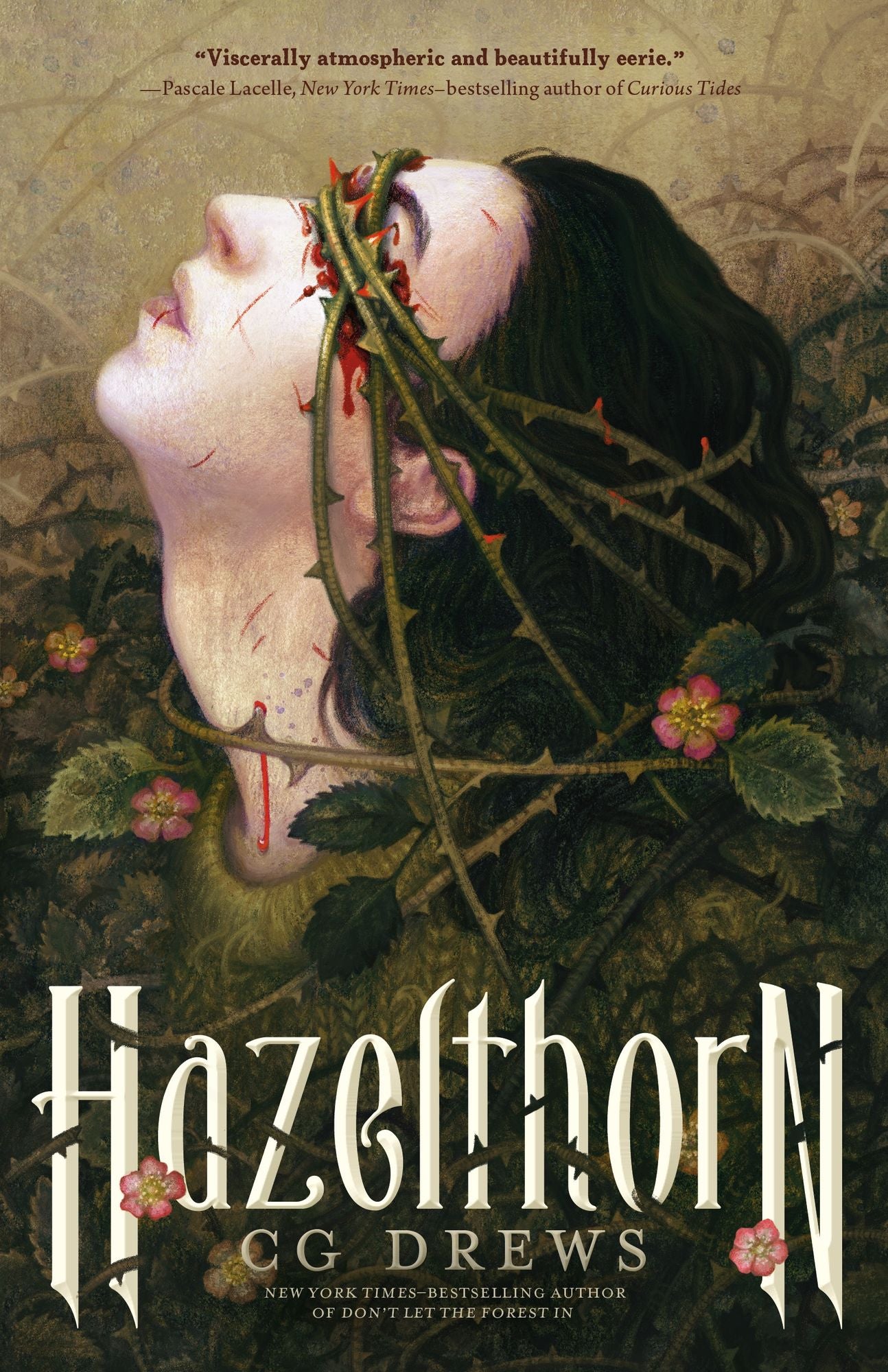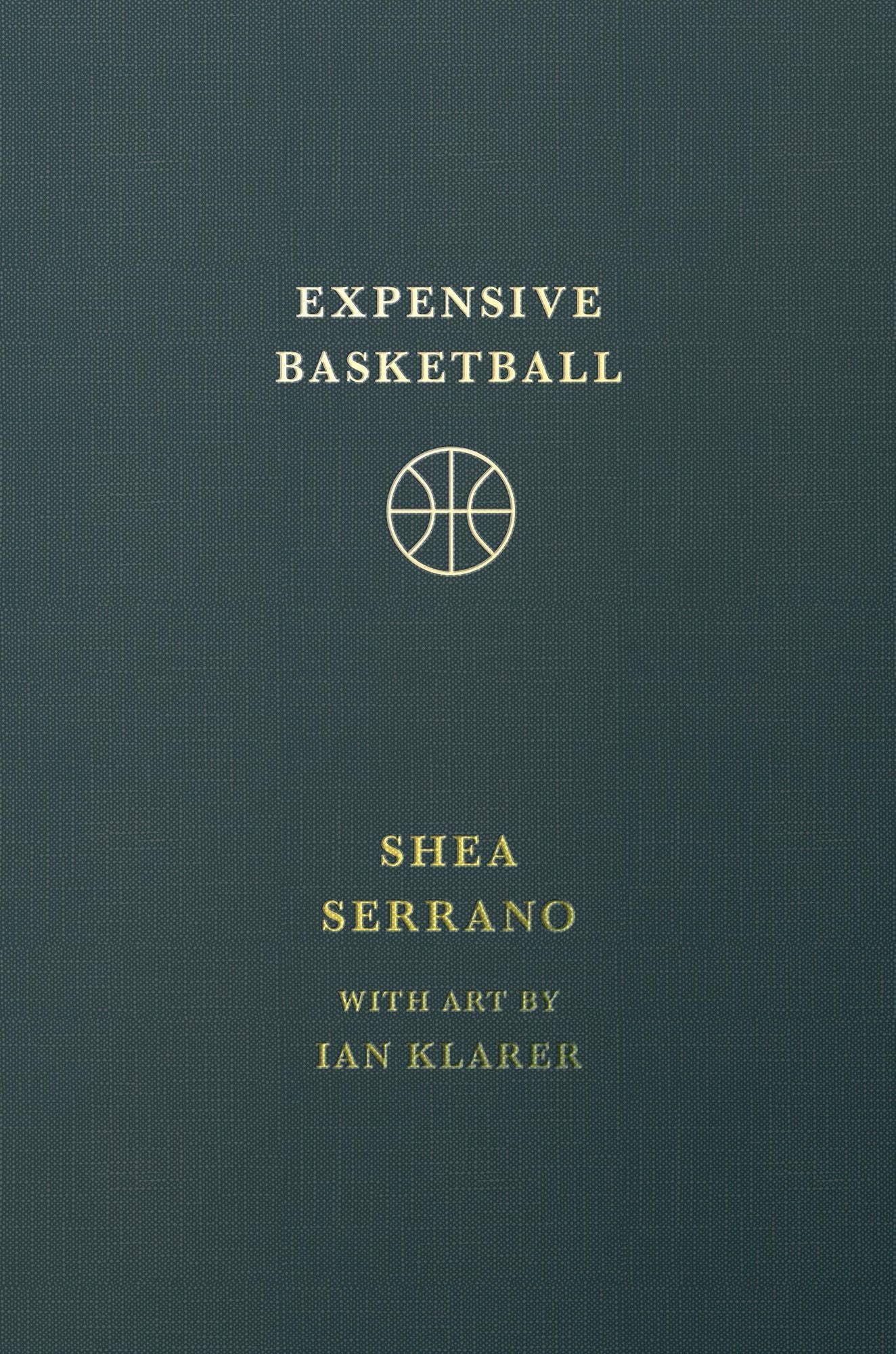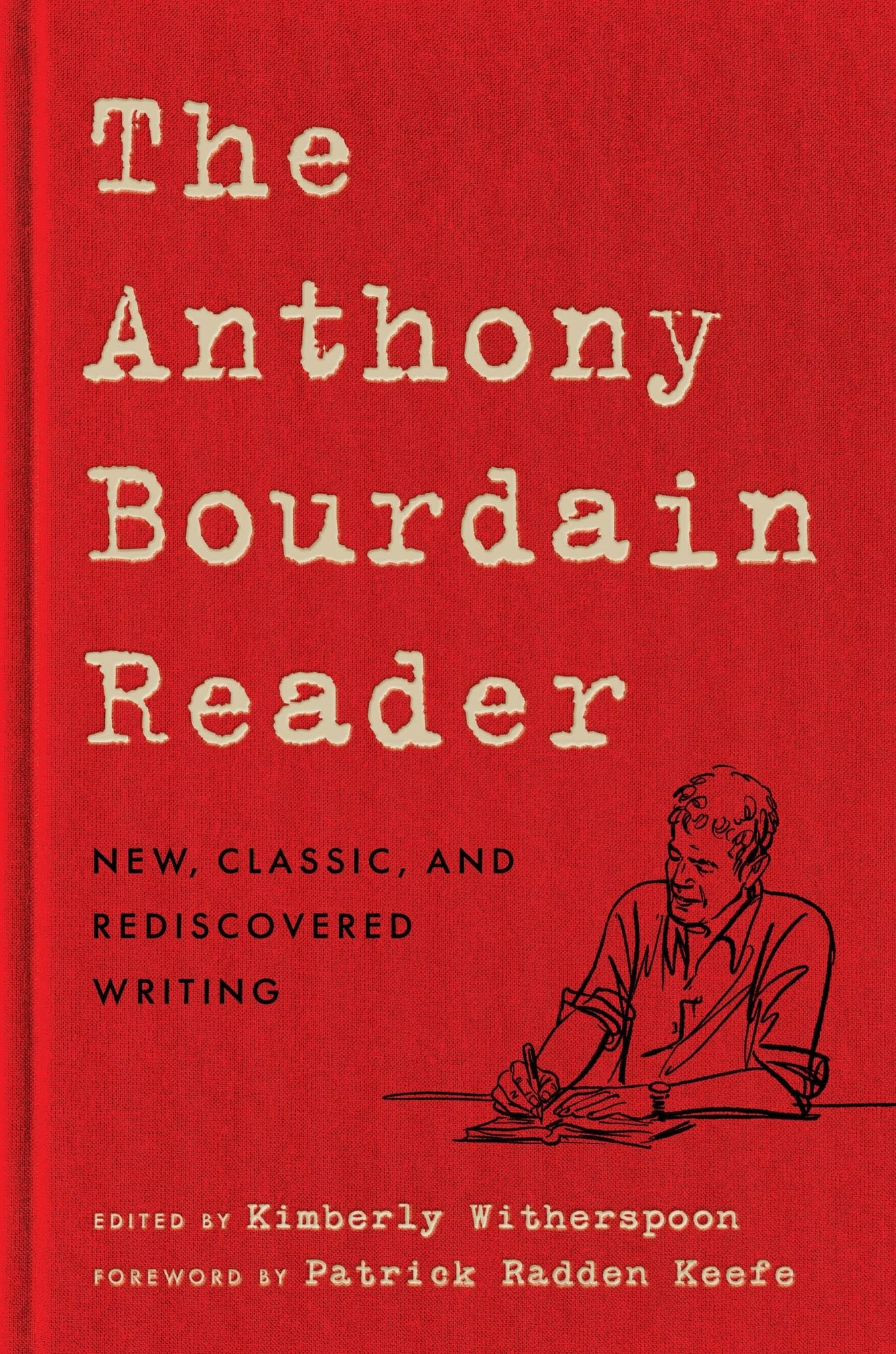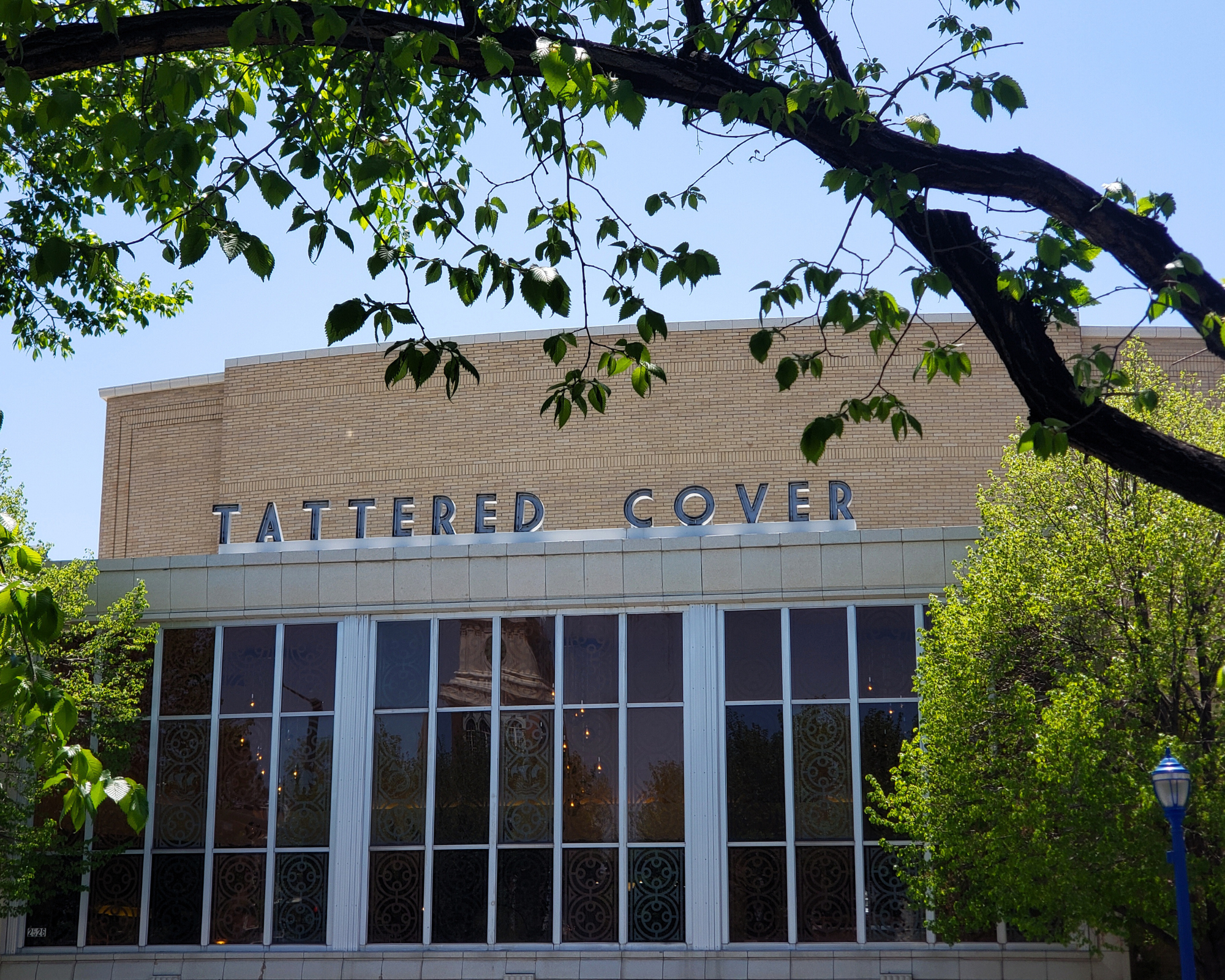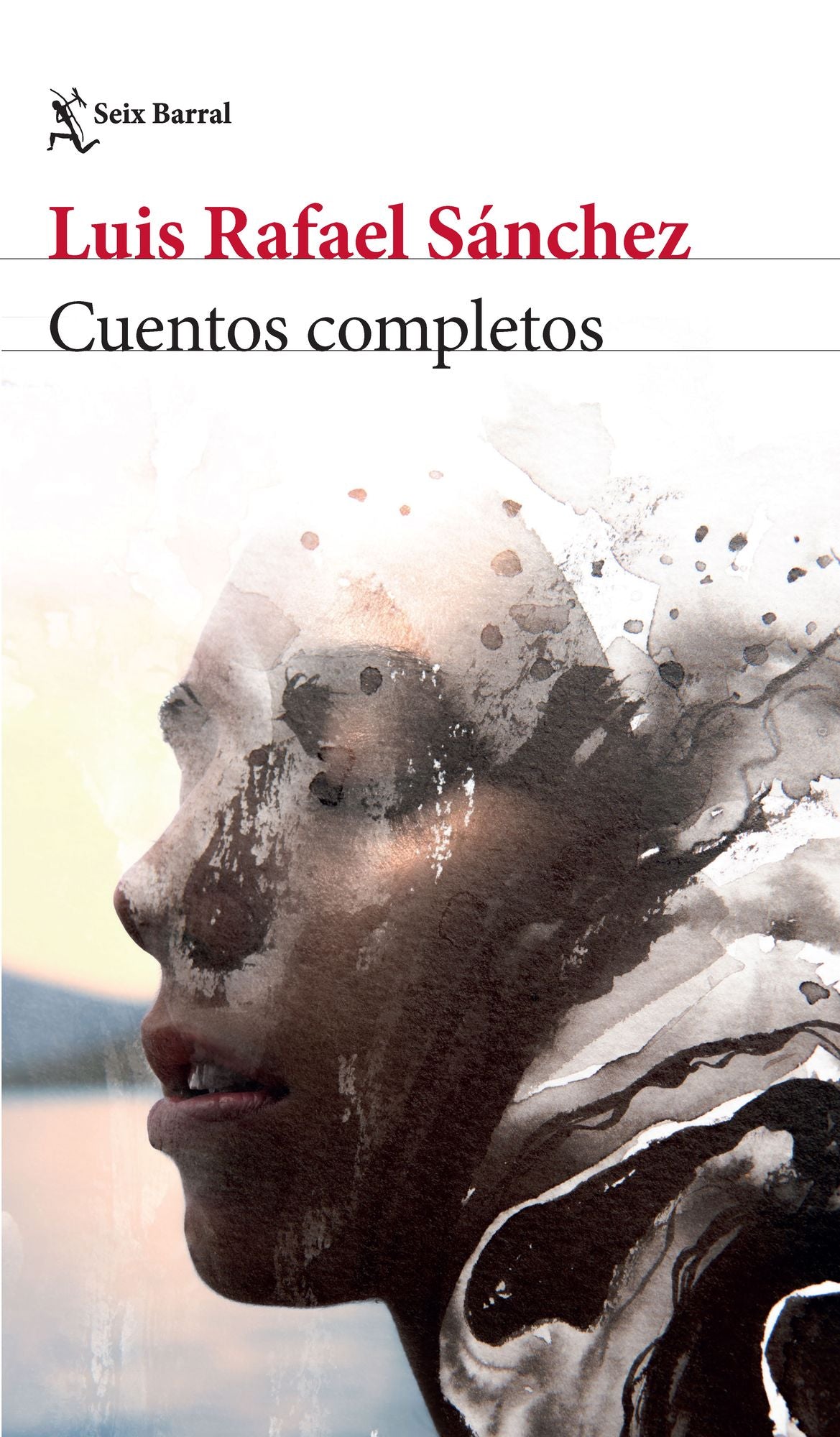
Cuentos completos / The Complete Short Stories
Format: Paperback
En cuentos ya clásicos como «Aleluya negra», «Que sabe a paraíso» o «Espuelas» el autor explora la discriminación racial o la identidad puertorriqueña, el vacío existencial y la frustración de la clase media, la sexualidad festiva o la crítica feroz al sistema burocrático a través de un lenguaje que desarrolla lo que el propio autor definió como una «poética de lo soez».
«Imposible entender a Roma sin Virgilio, a Italia sin Dante, a España sin Cervantes, a Argentina sin Borges. Igualmente es imposible entender al Puerto Rico contemporáneo sin Luis Rafael Sánchez. Las culturas constituidas siempre descansan sobre los hombros de sus grandes artistas». —Luce López-Baralt y Aníbal González
ENGLISH DESCRIPTION
In 1976, La guaracha del Macho Camacho was published, establishing Luis Rafael Sánchez as a key figure in Latin American literature. To fully grasp such an innovative text, readers must return to the stories from “En cuerpo de camisa” (1966) and other earlier works, where the seeds of the verbal acrobatics that define the author’s mature writing can be found, along with his concern for unraveling his country’s social issues through urban popular culture.
In now-classic stories such as “Aleluya negra,” “Que sabe a paraíso,” and “Espuelas,” the author explores racial discrimination and Puerto Rican identity, existential emptiness and middle-class frustration, festive sexuality, and fierce criticism of the bureaucratic system—through a language shaped by what the author himself called a “poetics of the profane.”
“It’s impossible to understand Rome without Virgil, Italy without Dante, Spain without Cervantes, Argentina without Borges. Likewise, it is impossible to understand contemporary Puerto Rico without Luis Rafael Sánchez. Established cultures always rest on the shoulders of their great artists.” —Luce López-Baralt and Aníbal González
Choose options




